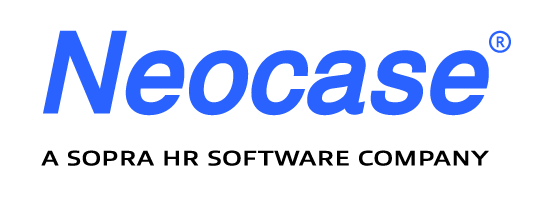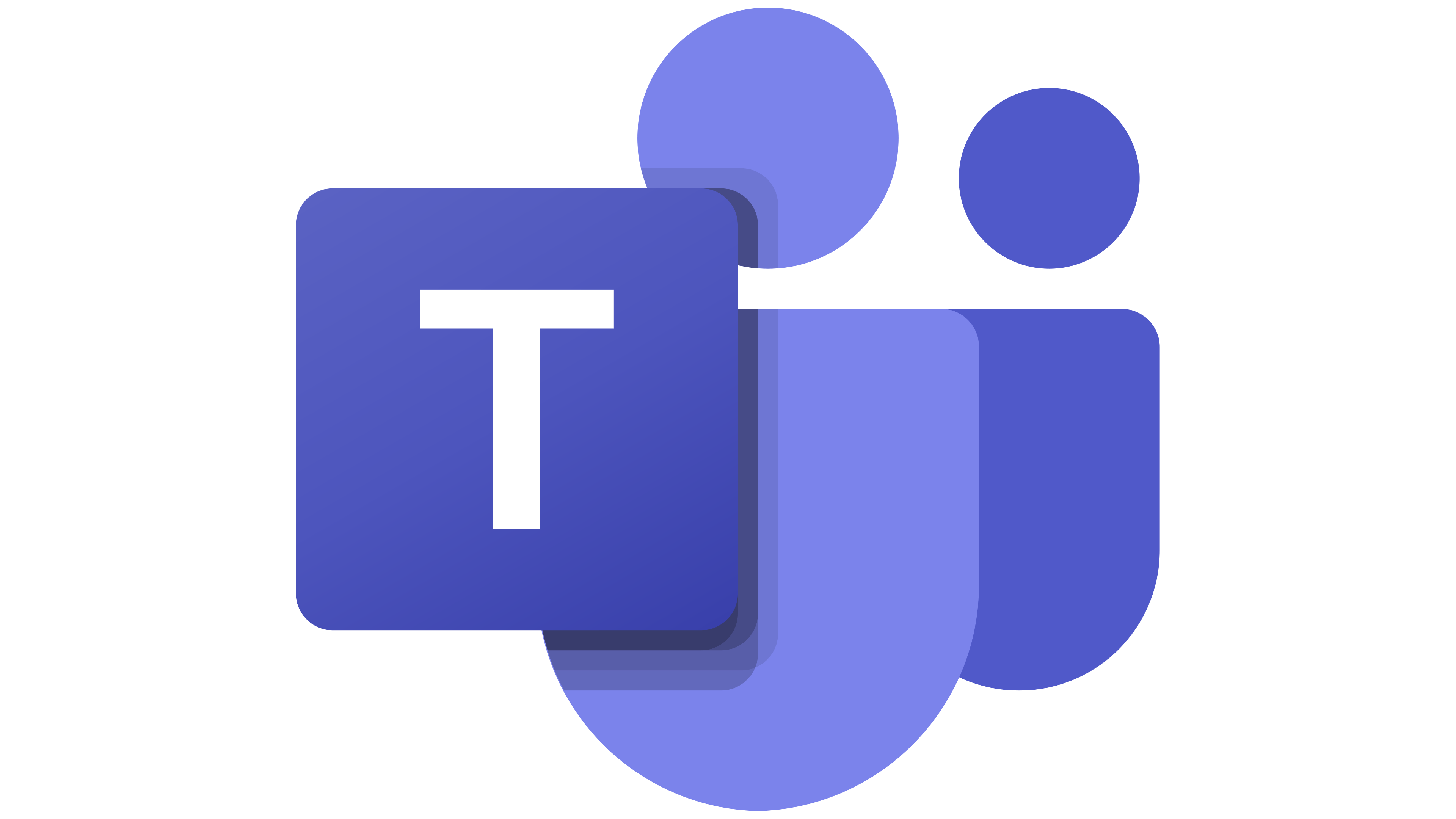It seems every time I take my car to the dealership, they have trouble finding me in their system. That’s because their system can only access a customer record under the customer’s full name. Not the last name, not the phone number, but only by the complete name. So if your name is Robert Jones, and you tell the service agent you’re Bob Jones, she won’t find you.
“I’m sorry sir, we don’t have any record of you in our system.”
“Hmmm, that doesn’t make much sense - I bought the car from you, and I’ve had it serviced here at least six times since then. Can you try looking it up by my last name?”
“No, unfortunately, our system won’t let me do that. I have to look it up using your full name.”
Don’t blame the system for delivering a bad customer experience.
It lowers the employee’s confidence.
Your objective as a customer service representative is to deliver a great experience. If the system makes it difficult to do that, the employee doesn’t need to know. If the employee is told that their records are managed by inferior technology, that lowers their confidence in the service provider.
It doesn’t speak well for the company leadership.
When an employee is told that the system is preventing them from receiving the quality service they deserve, the indirect message is “Someone in a leadership position chose a system that doesn’t treat me well.” That doesn’t bode well for the employee’s perception of their company’s leadership.
The system is 33% of the service experience.
A service experience is comprised of people (the employee service representatives), processes (those processes followed by the CSR’s) and technology (the systems used by the CSR’s). When a CSR discounts the quality of the system, they’re indirectly discounting the quality of the service.
How to overcome the system deficiencies
No system is perfect. So it’s important for CSR’s to understand where the deficiencies lie, and establish work-arounds. In the example at the beginning of this article, that may mean the following:
Don’t say, “I’m sorry Mr. Jones, we have no record of you in our system.”
Instead, take it upon yourself to employ a “silent workaround.” Try searching for the record again using the common knowledge proper name for Bob Jones – “Robert Jones.”
Common sense? Absolutely. But common sense is violated every day.
The Key Point
The key point here is to never blame the system for delivering poor employee service. Doing so sends unintended negative messages to the employee, which compound a poor experience. Instead, know where the system deficiencies lie, and establish ways to work through them; ways that are invisible to the employee.
Your ultimate goal is to deliver a superior employee experience, whatever it takes!

 Microsoft Teams
Microsoft Teams
 Workday
Workday
